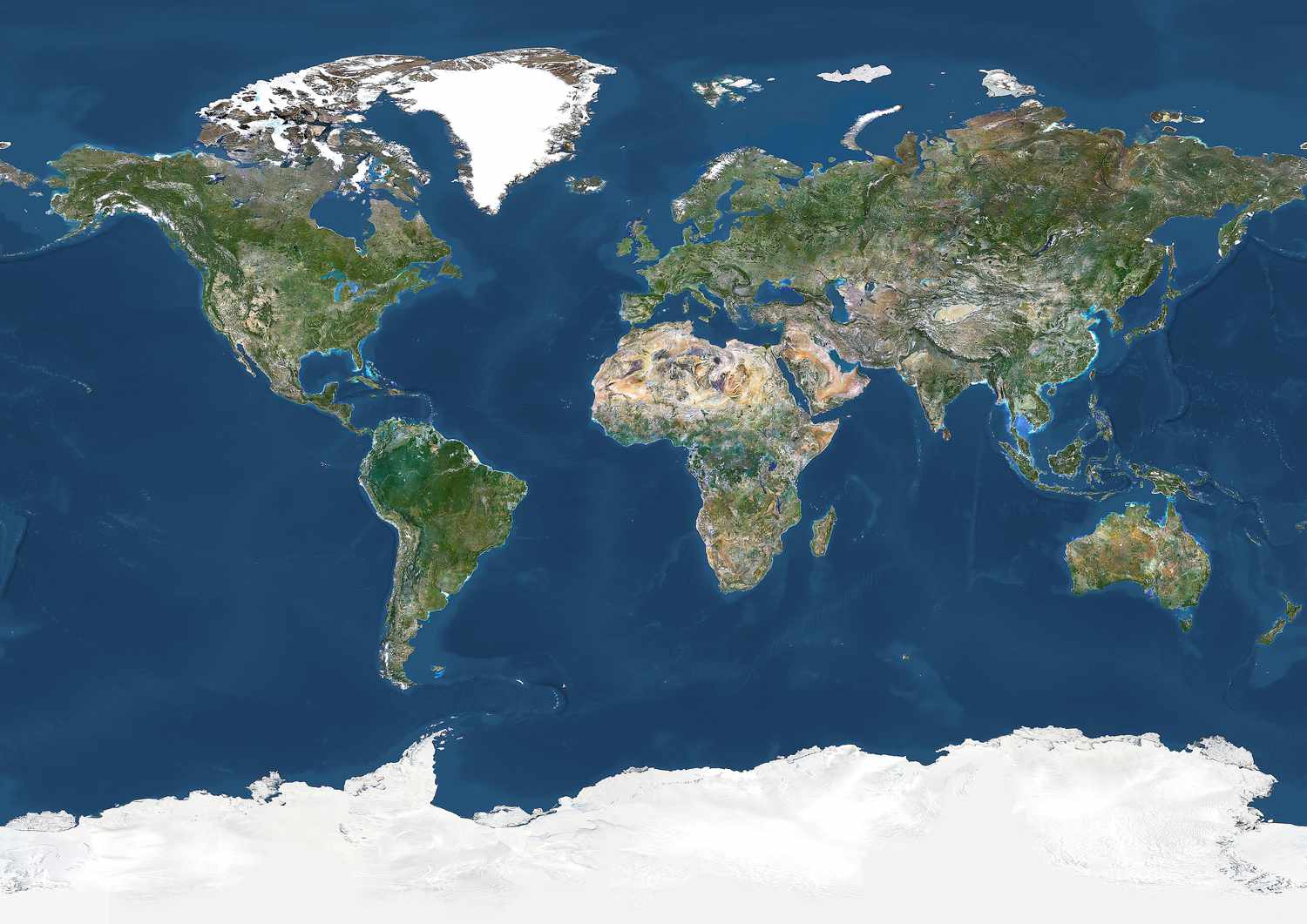Lesson: The Cycles of Earth – Past, Present, and Future
Introduction: The Earth is a living, breathing system, constantly evolving and changing through time. The events that have occurred on Earth often reflect patterns and cycles that repeat across centuries, shaping the planet and humanity in profound ways. From natural phenomena to human-made events, there are lessons from the past that echo into the future. This lesson will explore the concept that history on Earth tends to repeat itself, providing insights into both what has happened and what might come to pass.
1. Understanding Earth's Historical Cycles
Throughout history, events on Earth have followed repeating patterns. Civilizations rise and fall, natural disasters strike, and global shifts occur. Some of these cycles are due to natural processes, while others are caused by human actions. Understanding these cycles helps us prepare for the future by learning from the past.
A. Natural Events: Repetition of Geological and Environmental Phenomena
Climate Cycles: Earth’s climate has undergone numerous shifts, from ice ages to warmer periods. These changes are cyclical, driven by factors such as:
- Milankovitch Cycles (Earth’s orbital variations)
- Volcanic activity
- Ocean currents and atmospheric conditions
Past Example: The last Ice Age ended approximately 12,000 years ago, leading to a warming period that allowed civilizations to develop.
Future Outlook: Global warming, largely driven by human activities, may lead to extreme climate conditions. If patterns repeat, cooling periods could follow after significant warming, but the timeline and intensity are unpredictable.
Natural Disasters: Earth experiences recurring natural disasters such as earthquakes, volcanic eruptions, tsunamis, and hurricanes. These events are often cyclical in nature due to tectonic movements and environmental conditions.
Past Example: The eruption of Mount Vesuvius in 79 AD wiped out Pompeii and Herculaneum, showcasing how volcanic activity has always shaped human history.
Future Outlook: Modern technology can predict some natural disasters, but their cyclical nature means they are inevitable. Earth's tectonic activity will continue, and future generations will face similar challenges.
B. Human Events: The Repetition of Societal and Political Patterns
Rise and Fall of Civilizations: History shows that human civilizations rise to power, reach their peak, and eventually decline or collapse, often due to a combination of internal decay and external pressures.
Past Example: The Roman Empire, one of the most powerful civilizations in history, collapsed due to political corruption, economic struggles, and external invasions.
Future Outlook: Modern empires or superpowers face similar threats. Over time, societal stagnation, environmental strain, or conflict could lead to shifts in global power.
Wars and Conflicts: War has been a constant in human history, and many conflicts are sparked by similar issues: territorial disputes, power struggles, and resource scarcity.
Past Example: World War I and World War II were caused by competing national interests, alliances, and economic pressures.
Future Outlook: Tensions between nations over resources, climate change, or political ideologies could lead to future conflicts. The cycles of war and peace will likely continue as long as humans exist.
2. The Future of Earth: Patterns to Watch
While we cannot predict the future with absolute certainty, recognizing patterns in Earth’s past helps us prepare for what’s to come. Both natural and human-made cycles will influence the future.
A. Environmental Changes:
Climate Change and Its Impact: As we continue to emit greenhouse gases, Earth’s climate will likely continue warming, leading to rising sea levels, more intense weather patterns, and mass migrations. But just as warming periods have ended before, future cooling phases could emerge.
Resource Depletion and Sustainability: Humanity is using Earth's natural resources at an unprecedented rate. If this continues, we may face resource scarcity, similar to how ancient civilizations struggled when they exhausted local resources.
B. Societal and Technological Evolution:
Technological Advancements: Just as the Industrial Revolution reshaped the world, the current digital and AI revolutions are creating profound changes in how society operates. This pattern of technological advancement driving societal shifts will continue into the future.
Global Unity vs. Division: History is full of examples of societies uniting in cooperation or splintering into conflict. Global challenges like climate change may push humanity toward greater unity, but competing national interests could also lead to divisions.
3. Repeating the Past to Shape the Future
Why Do Events Repeat?
- Natural Cycles: Earth operates on cycles driven by physics, chemistry, and biology. These cycles cause the repetition of natural events like climate changes and tectonic activity.
- Human Nature: Human behavior, influenced by social, economic, and political forces, tends to repeat patterns. As Mark Twain famously said, "History doesn't repeat itself, but it often rhymes."
Lessons Learned:
- Understanding Earth’s patterns allows us to be better prepared for future challenges.
- History teaches us what mistakes to avoid and what strategies have worked in overcoming adversity.
Conclusion: The Endless Rhythm of Earth
The events that happen on Earth often mirror those that have happened before. By looking at both natural cycles and human behavior, we can see that history and nature move in rhythms that often repeat themselves. As we live through the present, we are constantly writing the history of tomorrow. The Earth’s story, from its past to its future, is one of repeating events shaped by patterns and cycles.
By studying these cycles, we can learn how to adapt, how to change, and how to better prepare for the challenges ahead. Our future is not set in stone, but understanding the repeating rhythms of Earth allows us to shape it in a way that benefits both humanity and the planet.
Reflection Questions:
- Can you think of other examples where events in history repeated themselves?
- How can we use lessons from the past to better prepare for the future?
- What steps should we take to prevent negative cycles from repeating themselves?











